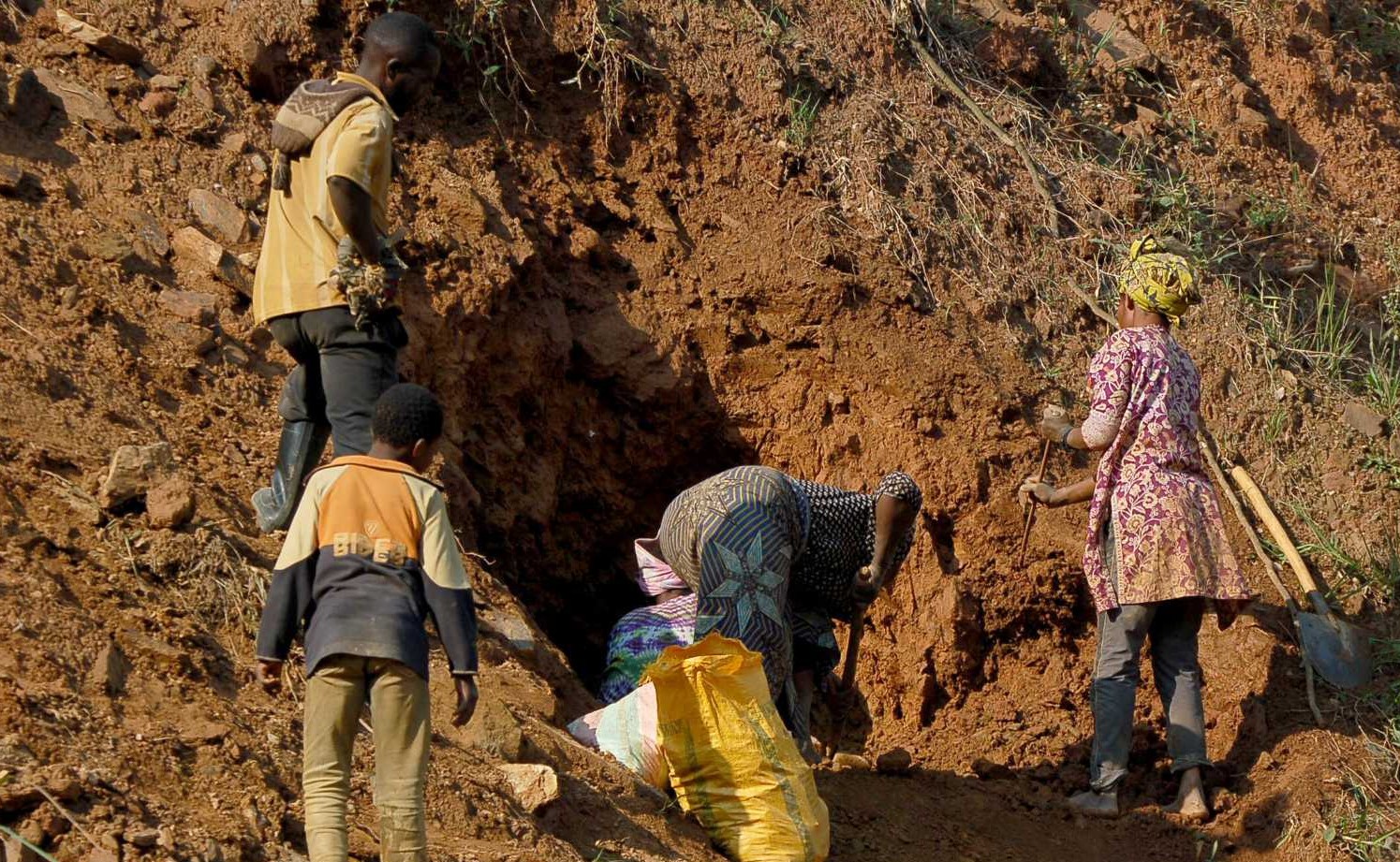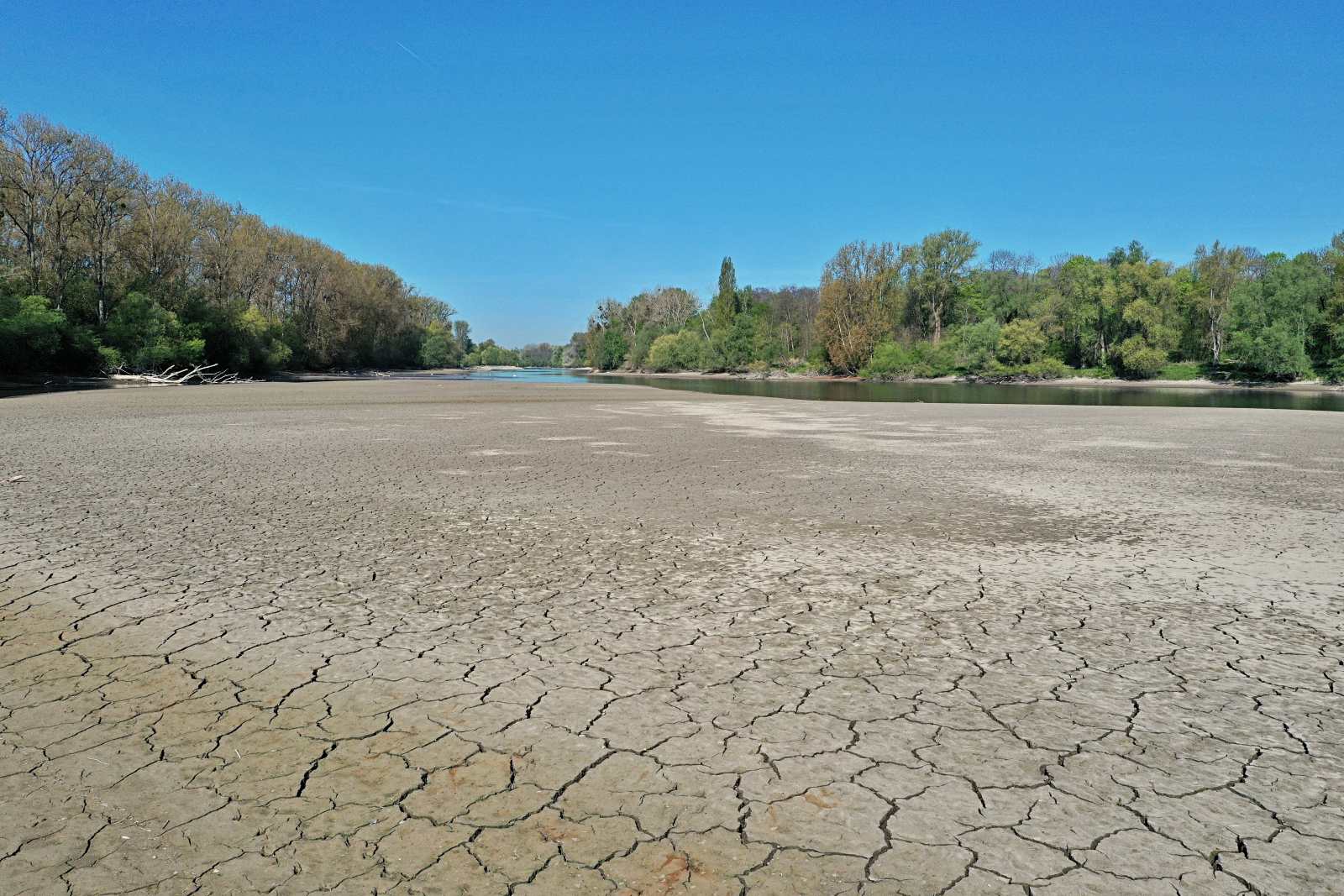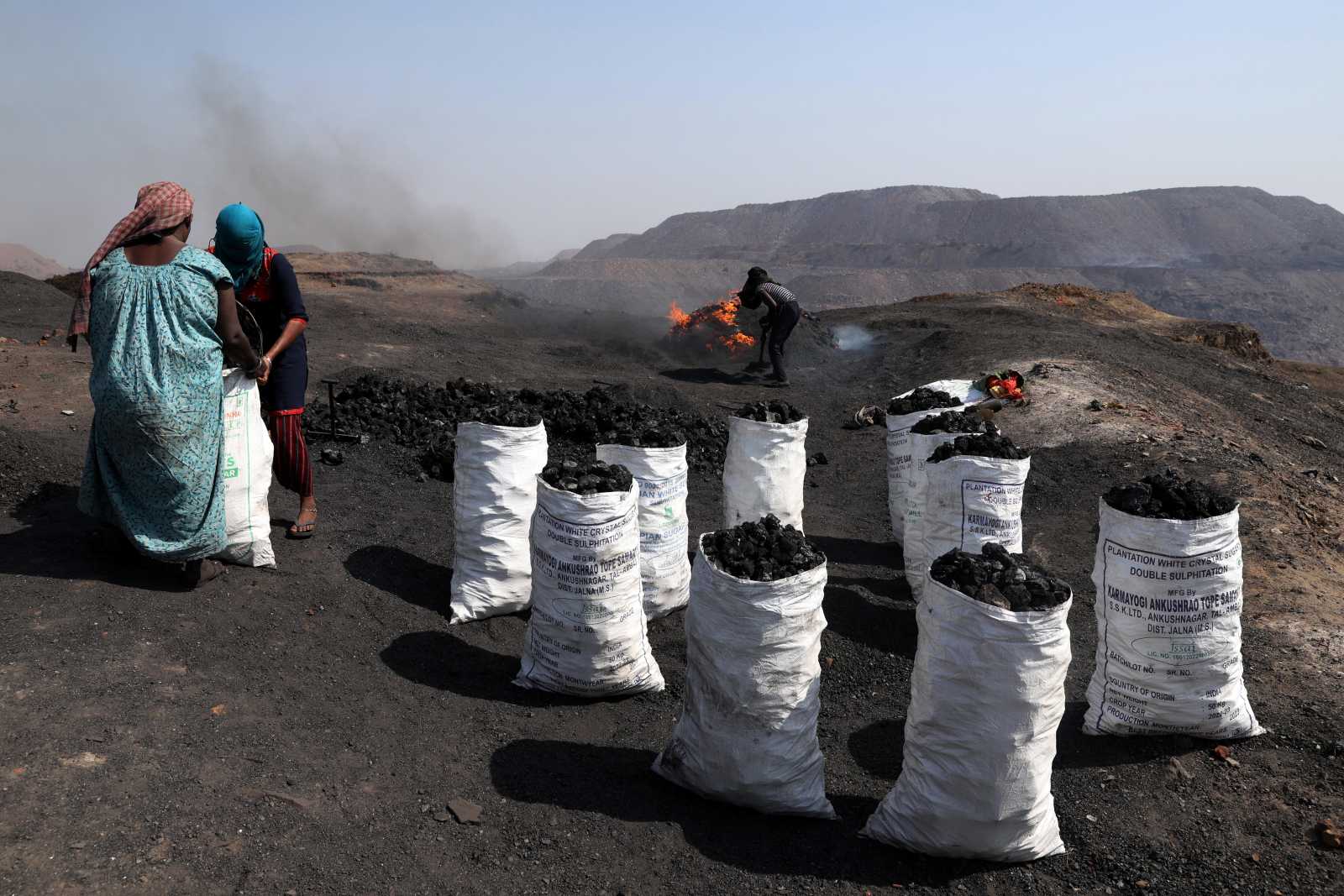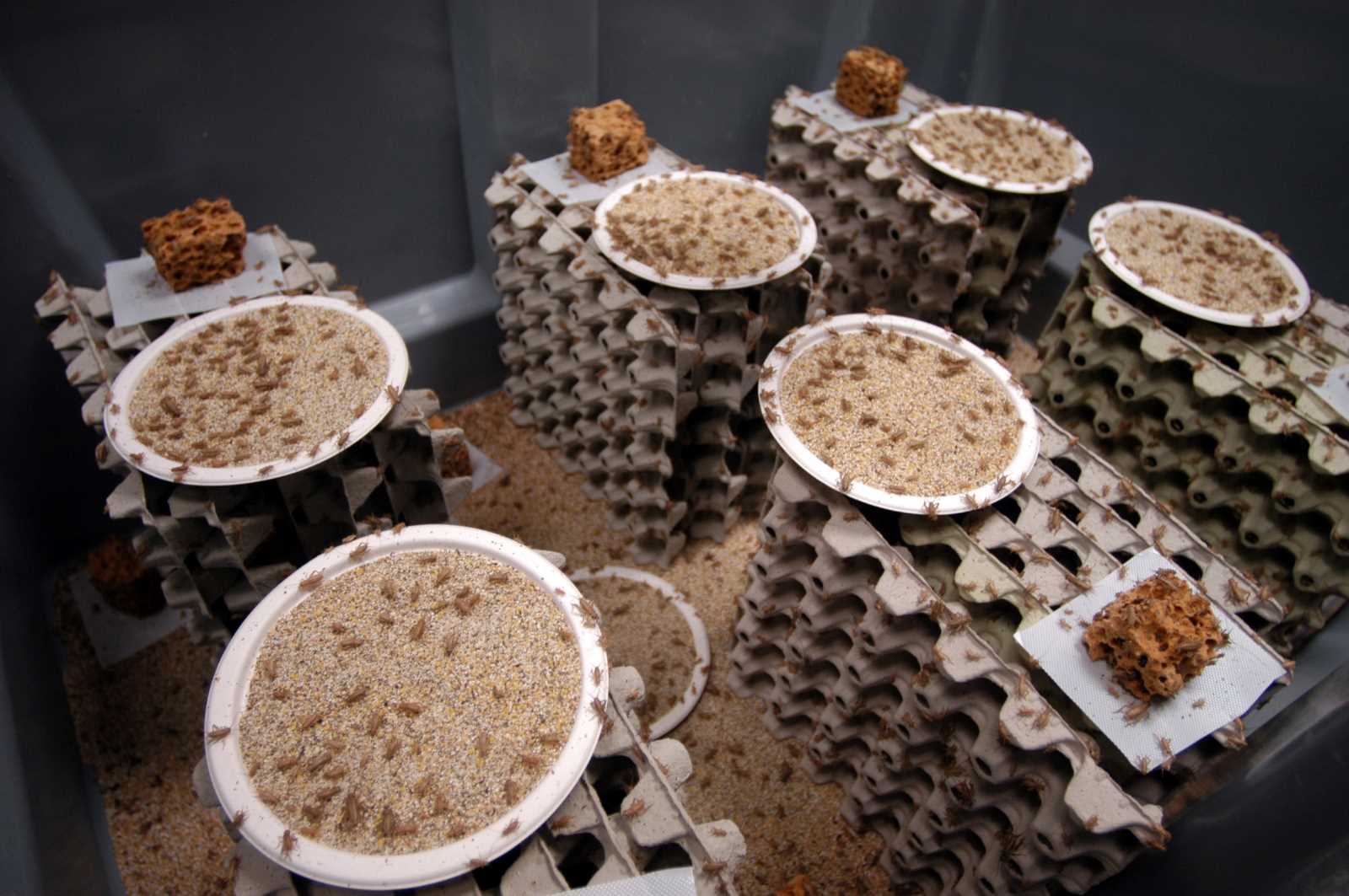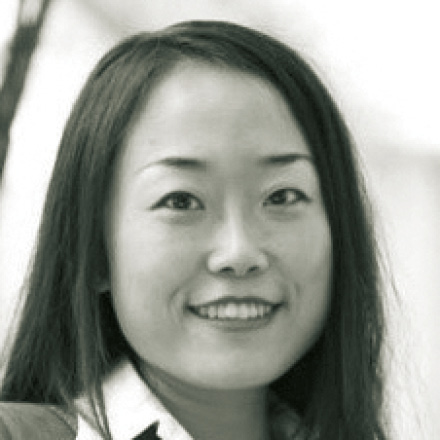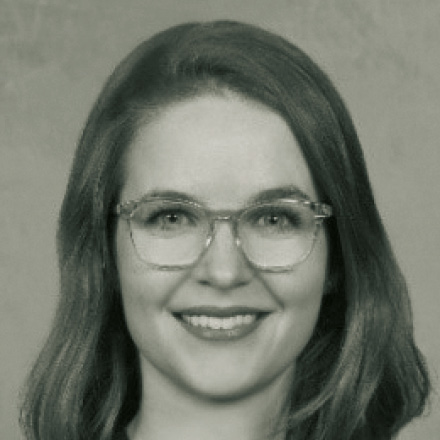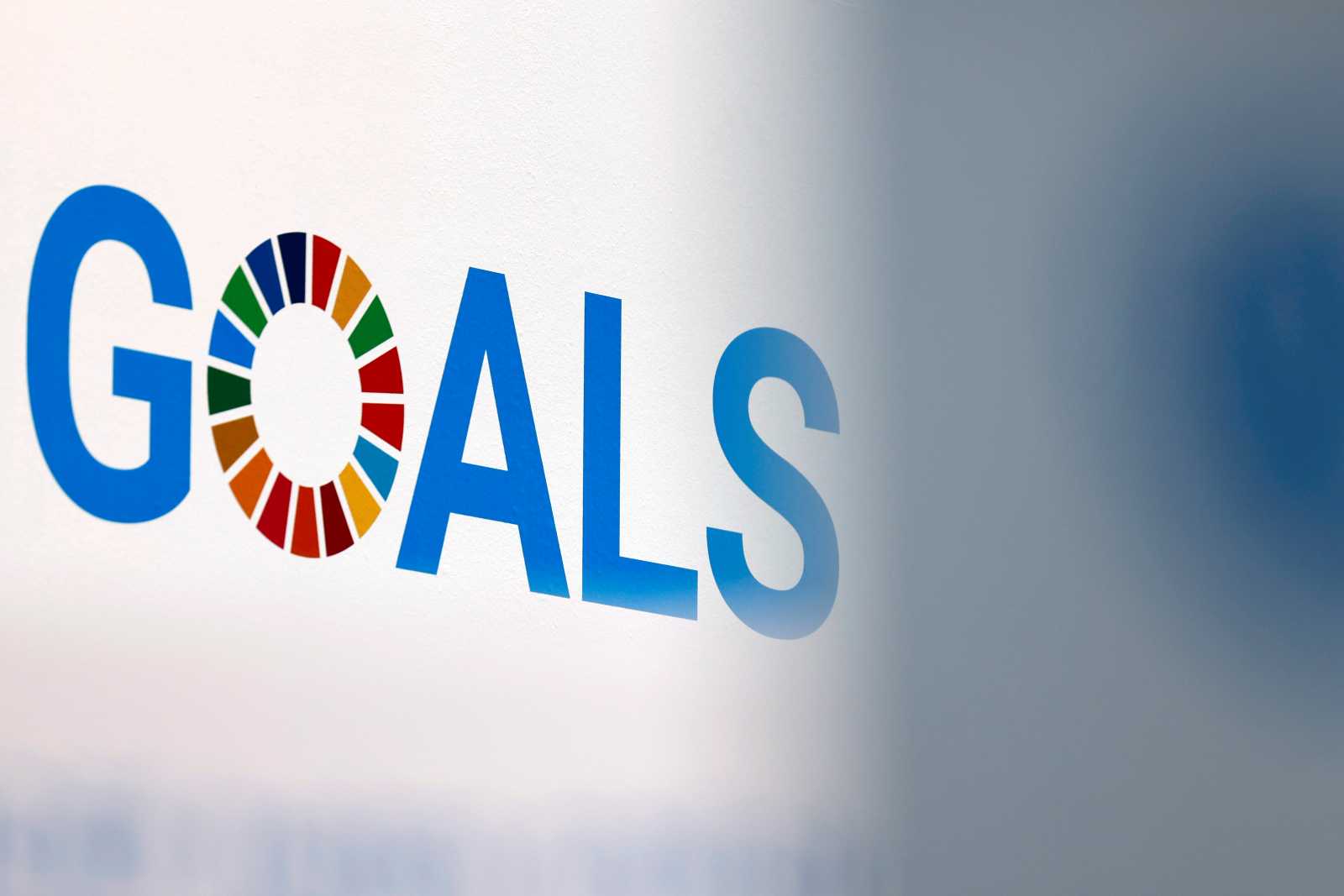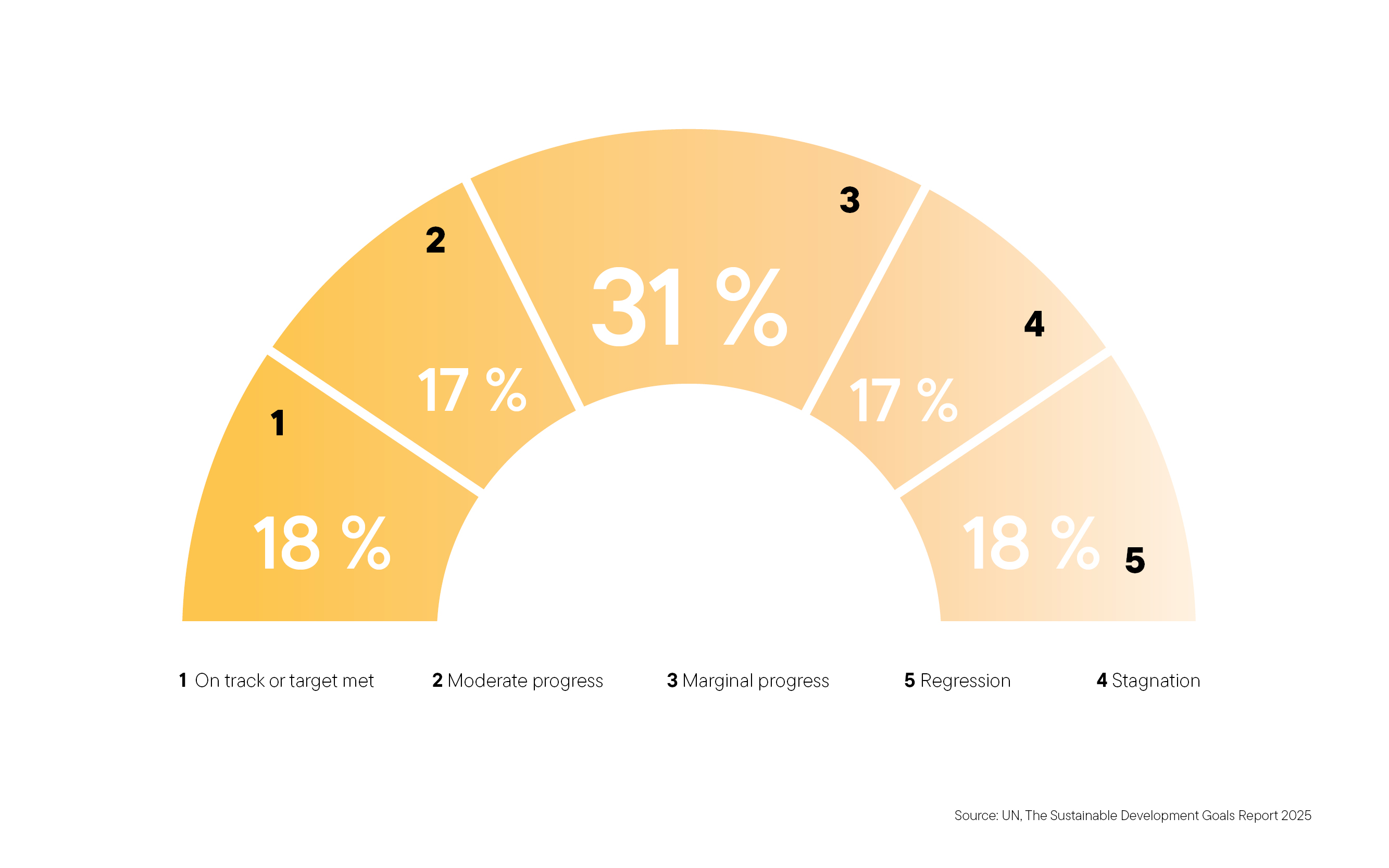Good News
Useful AI tools and the African Space Agency
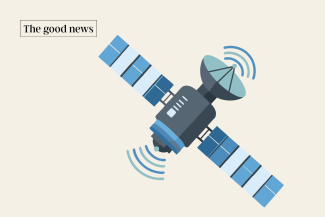
There is no shortage of dystopian news stories about artificial intelligence. However, AI models have now emerged that have different working methods, ethics and objectives than the bots deployed by Big Tech.
A few days ago, ETH Zurich, EPFL (École Polytechnique Fédérale de Lausanne) and the Swiss Supercomputing Centre CSCS released the Large Language Model (LLM) Apertus. The special feature of this model is its transparency: all codes and training data are publicly available and comprehensively documented. LLMs form the basis for chatbots, translation software and other language-related applications, among other things. Apertus could therefore represent an important step for Europe towards digital sovereignty and away from dependence on US companies. More arguments for the model? It is General Data Protection Regulation (GDPR)-compliant, speaks more than 1,500 languages and is trained at the supercomputing centre using CO2-neutral electricity.
For media professionals, too, more and more useful developments are emerging in the field of generative AI. The NGO Africa No Filter recently released an AI-powered tool that enables journalists to check their texts for stereotypes and prejudices relating to the African continent, its people and its stories. The tool analyses the uploaded text, rates it on a scale of one to five and provides suggestions for improvement. To get access, you can register here.
Africa in space
This happened in May, but with everything going on, you may have missed that the African Union has inaugurated the African Space Agency (AfSA). Africa’s first continental space agency, headquartered in New Cairo, is not just about African countries going to space, but a significant step towards battling the climate crisis.
Launching satellites and establishing weather stations across the continent allows centralised monitoring and effective responses to climate change impacts – in all member states, not just in high-resource countries such as South Africa, Egypt, Algeria and Nigeria, who have been investing in national space agencies for years. The integration of these programmes is expected to have numerous positive effects, ranging from optimising the agricultural sector and satellite-based communications to driving economic growth through improved access to technologies.
We publish our “good news” in advance in our biweekly newsletter, where you will also find in-depth analyses, reading recommendations and calls for proposals for the global development community. Sign up – it’s for free.
Your D+C editorial team
euz.editor@dandc.eu

